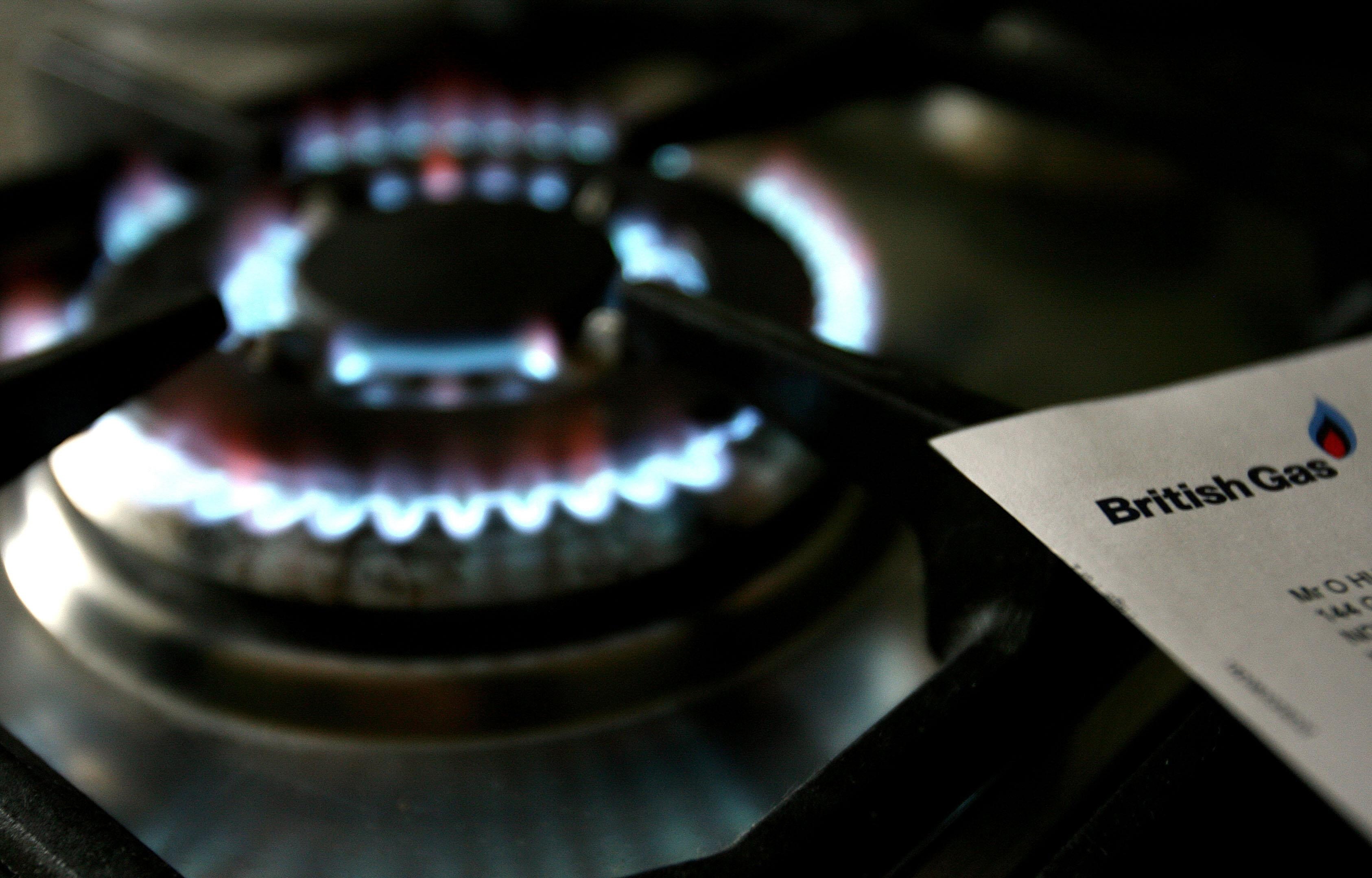Want to help people with their bills? Then we must become more energy efficient
Governments have focused a lot on increasing energy supplies, but not enough on reducing energy demand, write Fatih Birol and Dan Jørgensen


Much of the conversation on how to deal with the current global energy crisis has focused on finding new supplies to replace Russian oil and gas. But far too little attention is being paid, inexplicably, to the other side of the equation: how to reduce our demand for those fuels in the first place.
The crippling price spikes can be blunted if countries around the world act strongly and rapidly to make their use of energy more efficient. And we can do this immediately with technologies, policies and actions readily available today: upgrading homes with better insulation, installing heat pumps, improving the fuel economy of cars, investing in new industrial machinery, and raising standards for air conditioners and other appliances.
Doing so will not only make energy use more affordable, it will also make it more secure, and more sustainable. It will also create jobs and boost economic growth.
The failure of many governments and business leaders to improve energy efficiency in the face of the biggest shock in half a century is astounding. More so when you look at the numbers.
Getting more energy efficient can save households $650 billion a year
The International Energy Agency estimates that households worldwide could save at least $650 billion a year on energy bills by the end of this decade if all countries take sustained action now. We need stronger efficiency policies and investments, rapid electrification of sectors like transport and heating, and changes in behaviour, such as greater use of public transport and cycling.
The world could avoid four times the total amount of natural gas that Europe imported from Russia last year. Reduced oil consumption would be almost 30 million barrels of oil per day, close to a third of global demand.
Saving all of this energy would avoid 5 billion tonnes of CO2 emissions a year by 2030 – more than the amount produced by the US energy system today.
Think about all those power plants that wouldn’t need to be built, those massive amounts of oil and gas that wouldn’t need to be extracted and burned – the immense sums of money that we wouldn’t need to spend on our energy bills.
Energy efficiency certainly isn’t as eye-catching and headline-friendly as oil market geopolitics or big new wind and solar projects. It also involves a lot of different actions across many different parts of the economy. In addition, changes in behaviour to save energy are important – such as lowering the thermostat.
We cannot leave energy efficiency to each country’s energy ministry – it demands a whole-of-government approach and clear communication on the benefits of using energy more wisely.
With the stakes so high, as reflected by today’s energy prices and inflation rates, presidents and prime ministers should be putting energy efficiency policies at the heart of their governments’ responses to the current energy crisis.
Learning from the oil shocks of the 1970s
Nearly 50 years ago, the world was shaken by the oil shocks of the 1970s, which forced many countries, including Denmark, into a reckoning with their energy policies and assumptions.
Energy efficiency became a high priority for reducing reliance on oil, which accounted for as much as 90 per cent of Denmark’s energy consumption at the time. The oil crises of the 1970s ushered in a period of big gains in energy efficiency around the world.
To keep up to speed with all the latest opinions and comment, sign up to our free weekly Voices Dispatches newsletter by clicking here
Last week the IEA and the Danish government brought together more than 20 ministers from all over the world, as well as CEOs, investors and other decision-makers to push for a renewed focus on energy efficiency worldwide.
Governments should lead by making the public sector’s energy use more efficient. This can help drive innovation and higher standards, and in the process will build broader experience, markets, knowledge and confidence in energy efficiency solutions. This process should happen at all levels of society, with cities, businesses and local communities all playing important roles.
Today, as we face another major energy crisis, energy efficiency must again be at the centre of the response by governments. If not, we may end up paying the price for years to come.
Fatih Birol is the executive director of the International Energy Agency, and Dan Jørgensen is the Danish minister for climate, energy and utilities






Join our commenting forum
Join thought-provoking conversations, follow other Independent readers and see their replies
Comments